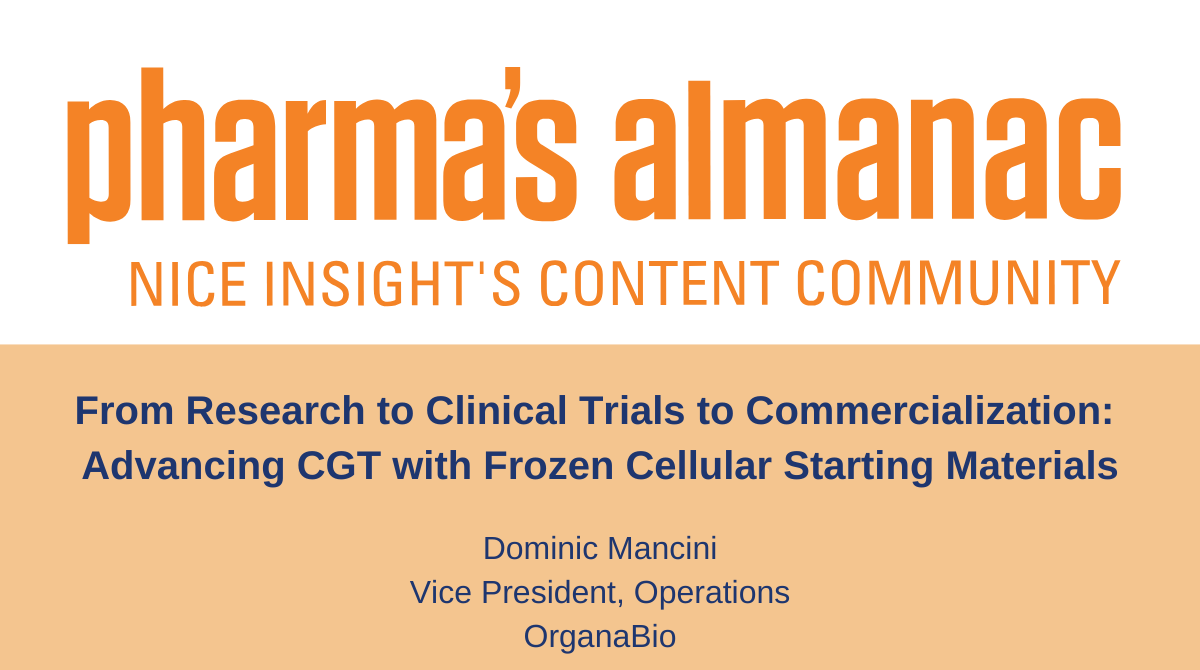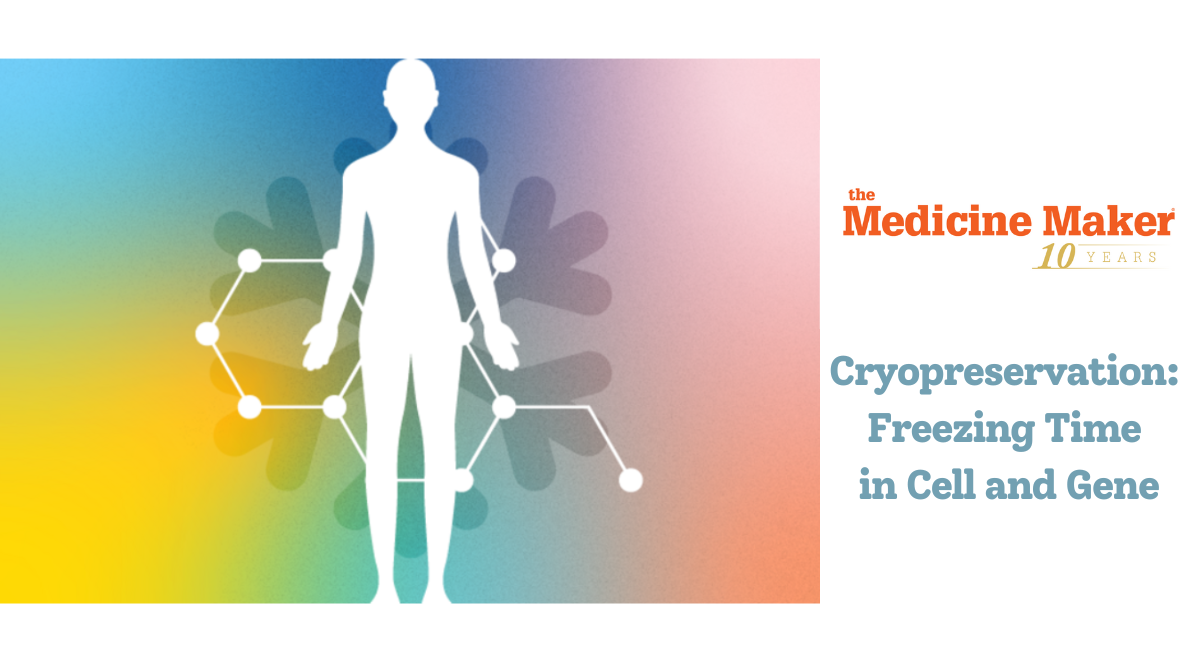So much of healthcare relies on blood. Whether it’s operations and procedures, tending to emergencies, or using it as a starting material for cell and gene therapies, without blood so much of the life-saving work that happens in our hospitals would not take place. For World Blood Donor Day 2024, the Blood and Cells Ambassadors Register (BCAR) brought together some of the biggest voices in the blood industry to discuss the many issues facing the blood sector today, including the ethics of blood donorship, maintaining quality, and repeatability of blood and cells in starting materials. The Pathologist shares key messages from that discussion.
What are some of the ethical considerations for blood collections?
Priya Baraniak: As with any donation, there remain concerns and considerations surrounding the ethical collection of blood and tissues. Where attention is rightly often focused around the care of the patient, donor care must also be prioritized, especially in terms of safety and fully informed consent. Whether collecting traditional peripheral blood donations or cord blood from mothers, it is essential to ensure that donors understand the process, its physical and psychological impacts, and their rights, including the ability to revoke consent. This ethical and transparent approach fosters trust, and ultimately encourages sustained participation in donation programs.
What is your message for blood donors around the world?
Priya Baraniak: Every year,World Blood Donor Day highlights the crucial need for safe blood supplies, while honoring the millions of life-saving donors worldwide. By promoting effective and varied blood services that provide safe blood and products, World Blood Donor Day emphasizes the importance of these contributions for ensuring robust healthcare systems, ready to help those in need. As we ask for donations, it is important to ensure we treat donors ethically at every step.
People typically picture blood donations in terms of transfusions, but they can be used for so much more. Blood and tissue donations are crucial for advancing medical research and personalized therapeutic development, especially in the case of cell and gene therapies. Companies like OrganaBio rely on donations to obtain critical cellular starting materials, such as stem cells and immune cells, ultimately contributing to the development of effective treatments for cancers and autoimmune disorders.
World Blood Donor Day not only celebrates the generosity of blood donors but also highlights the ongoing need for their contributions – and the efforts of collectors to encourage a sustainable donation ecosystem. Ultimately, a sustainable donation landscape is critical for medical research and treatment development, playing a crucial role in enhancing global health and advancing life-saving therapies.






